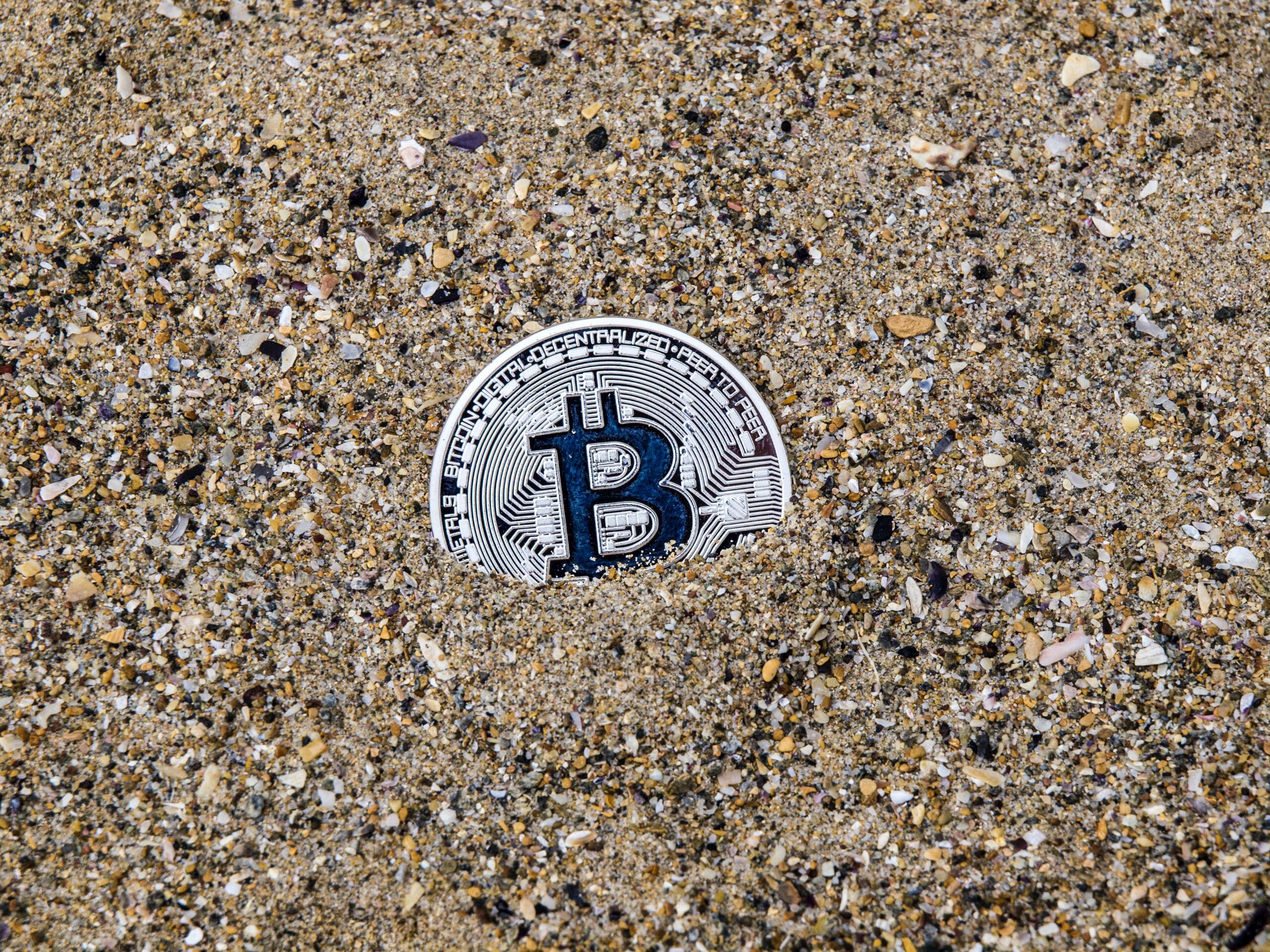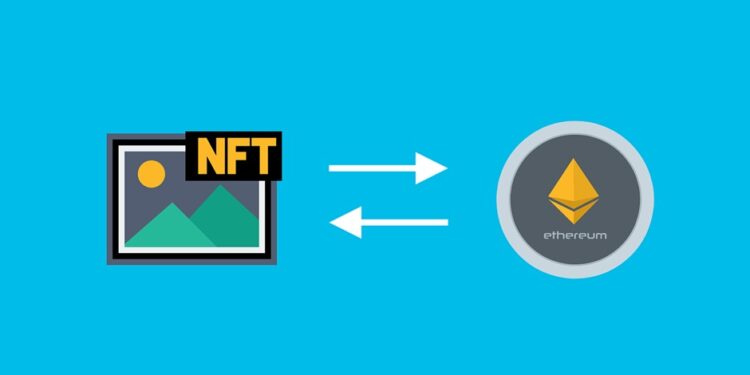Suddenly, one day in January, NFTs on major services like Twitter and MetaMask started disappearing. The service platforms could not display images associated with recently uploaded tokens that the users had clear ownership records. Something was of order in the decentralized, distributed technology space.
NFT marketplace Opensea was suffering a database outage, which was the reason for the disappearing NFTs.
Opensea has established itself at the center of almost every product, even in the decentralized technology stack. It was a revealing incident, as in just one year into the NFT boom, OpenSea has become the central broker for collecting and selling NFTs tokens. It’s hard to mint a collection or list a token for sale without somehow interacting with OpenSea. It’s the largest single market any time a token is listed, and it has become the most important chokepoint for blocking a sale in case of a reported stolen ape.
OpenSea started with a game about cats in 2017. CryptoKitties were the first major NFTs — a set of breedable, traceable cat pictures inscribed on the Ethereum blockchain. Just in a matter of months, the project made more than $10 million in sales. The two co-founders were young but experienced: CTO Alex Atallah was working for a millennial-focused polling firm, and CEO Devin Finzer had already founded a claim-searching company acquired by Credit Karma.
At that time, the Ethereum blockchain was launching a new standard that would form the basis for NFTs, ERC-721. The standard allowed for a new kind of object on the blockchain that could be traded and exchanged like Bitcoin but kept each token unique, and CryptoKitties showed it could be built into an actual marketplace. Finzer and Atallah presented to build tools for that new market — a platform for buying and selling these tokens at scale. The idea was seen as “eBay for crypto assets” in Y Combinator’s accelerator program for winter 2018.
In the subsequent years, OpenSea focused on competing for NFT markets and implementing the features which were already there in the online marketplace but in a new format. In 2021, the market flourished, and OpenSea was at the upfront to take advantage of it. Katie Haun, already a board member at Coinbase, joined the company’s board in February 2021, and OpenSea’s fundraising went into overdrive. The company raised millions in a series of funding, and by January 2022, the valuation had grown to $13.3 billion.
OpenSea’s rocketing growth has led to many platform problems such as a surge in stolen tokens and other legal issues that require intervention. There are also security issues; an interface bug that had been dormant for months let attackers trade on old contracts. These issues might give an opportunity to a competitor, but so far, none has emerged.






























